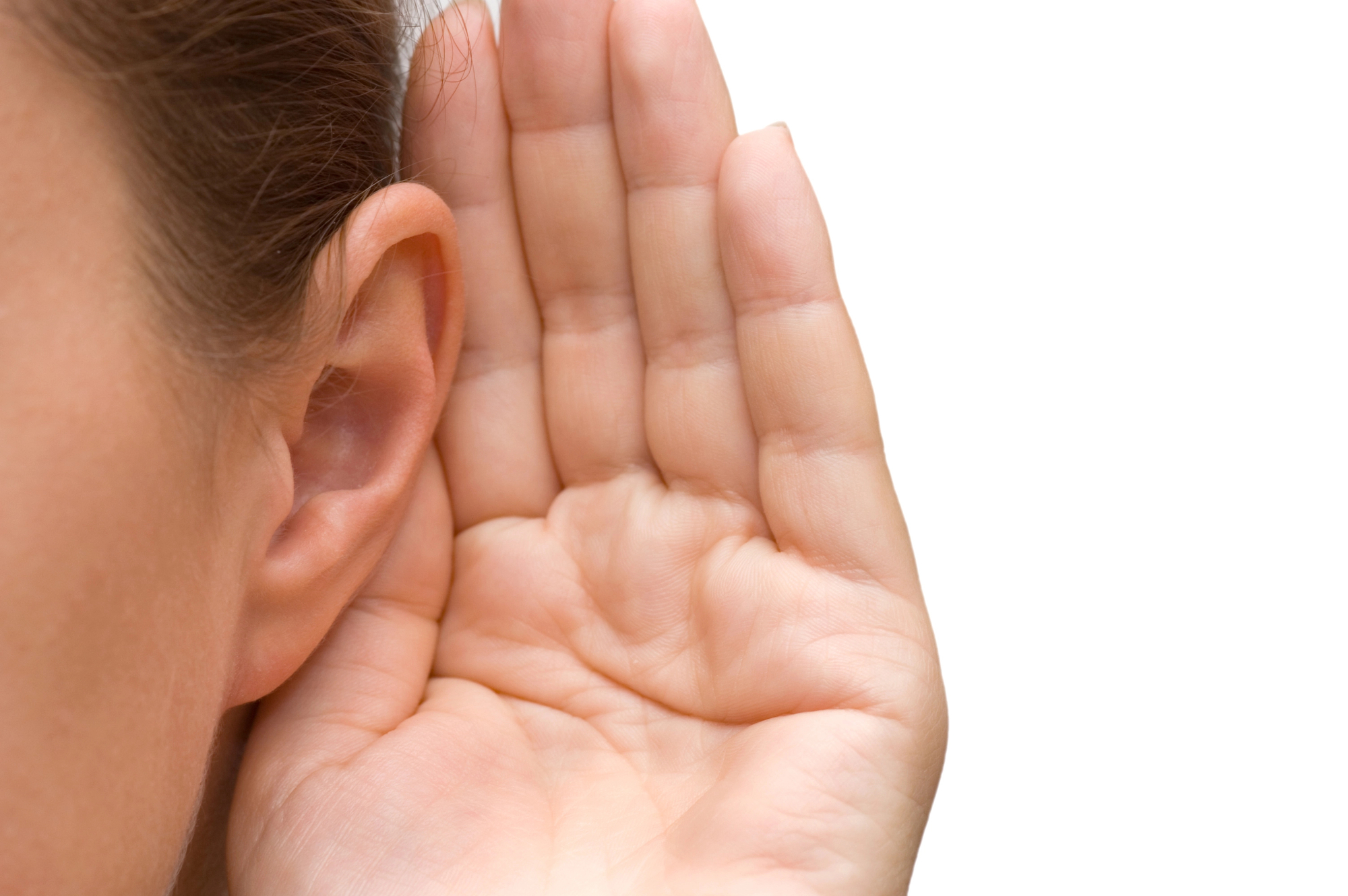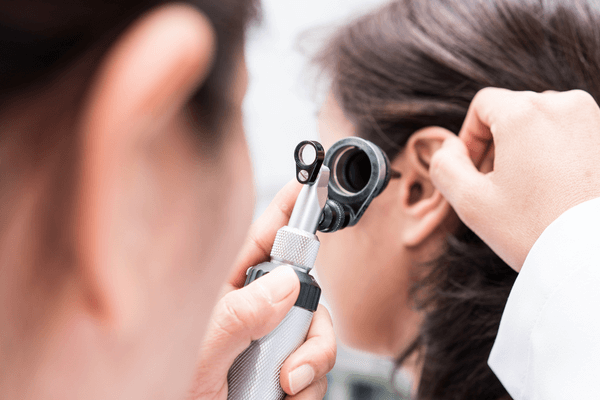As a parent, nothing is more precious than watching your child grow and thrive. From their first steps to their first words, every milestone is a cause for celebration. But what happens when your child’s journey to hearing those first words is met with challenges? Today, we’re delving into the crucial topic of early intervention for hearing loss in children and why it’s essential for their development and future success.
Understanding the Impact of Hearing Loss
Hearing plays a fundamental role in a child’s development, influencing their ability to communicate, learn, and socialize. When left untreated, hearing loss can have far-reaching consequences, affecting not only speech and language development but also academic performance, social interactions, and emotional well-being.
The Importance of Timely Detection
Early intervention is key when it comes to addressing hearing loss in children. The first few years of life are a critical period for language acquisition and cognitive development, making timely detection and intervention paramount. By identifying and addressing hearing loss early on, we can minimize the impact it has on a child’s development and set them up for success in school and beyond.
The Role of Hearing Screening
Regular hearing screenings are an essential part of pediatric healthcare and can help identify hearing loss in children as early as possible. These screenings are often conducted shortly after birth and at regular intervals throughout childhood to ensure any hearing issues are detected and addressed promptly.
Benefits of Early Intervention
The benefits of early intervention for hearing loss are numerous and profound. By providing children with the support and resources they need to navigate their hearing loss, we can:
- Facilitate Language Development: Early intervention services, such as speech therapy and auditory training, can help children with hearing loss develop the communication skills they need to thrive.
- Improve Academic Performance: Addressing hearing loss early can prevent delays in speech and language development, ensuring children are better equipped to succeed academically.
- Enhance Social and Emotional Well-being: Improved communication abilities can boost children’s confidence and self-esteem, enabling them to form meaningful connections with their peers and engage fully in social activities.
- Maximize Cognitive Development: Hearing plays a crucial role in cognitive development, and early intervention can help ensure children have access to the auditory input they need to learn and grow.
Empowering Parents and Caregivers
As a parent or caregiver, you play a crucial role in your child’s journey to better hearing health. By staying informed about the importance of early intervention and seeking support from qualified professionals, you can ensure your child receives the care and support they need to thrive.
Conclusion
At Purchase Ear Technology, we understand the profound impact that hearing loss can have on a child’s life. That’s why we’re committed to providing compassionate care and comprehensive support to families navigating the challenges of childhood hearing loss. If you have concerns about your child’s hearing or would like to schedule a hearing screening, don’t hesitate to reach out. Together, we can give your child the gift of sound and a bright future ahead.
If you have questions or would like to schedule a hearing test for your child, give us a call at (270) 558-3996. Purchase Ear Technology is conveniently located at 2008 Broadway St in Paducah, KY. At Purchase Ear Technology, you are more than a patient. YOU ARE FAMILY!










